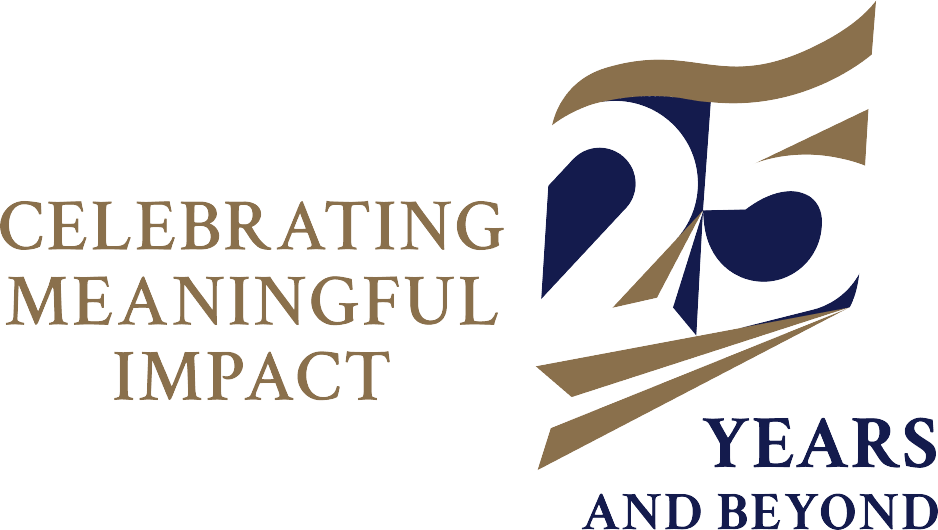Our Research
Comparing Smart City Data Protection Approaches: Digital Consent and the Accountability Framework in Singapore
Published Date: 05 Apr 2024
Author(s): Wenxi Zhang, Sharanya Shanmugam, and Jason G Allen
Traditionally, there has been heavy reliance on formal notice and consent models for data protection regimes in smart cities such as Singapore.…
ABLI-SAL Cryptoasset Series – Cryptoassets and Property Law (civil law edition)
Published Date: 13 Mar 2024
IPOS-CAIDG AI and IP Report: When Code Creates: A Landscape Report on Issues at the Intersection of Artificial Intelligence and Intellectual Property Law
Published Date: 27 Feb 2024
Ethical considerations and legal issues relating to federated learning
Published Date: 01 Feb 2024
Author(s): Warren B. CHIK, Florian GAMPER
In this chapter, we will explore the global trends and general principles relating to the ethics of federated learning systems. We will also examine…
Auditing AI for Whom? A Community-Centric Approach to Rebuilding Public Trust in Singapore
Published Date: 23 Jan 2024
Zhang, Wenxi and Shanmugam, Sharanya and Allen, Jason G and Wong, Willow and Xu, Olivia, Auditing AI for Whom? A Community-Centric Approach to…
Deontics and Time in Contracts: An Executable Semantics for the L4 DSL
Published Date: 19 Jan 2024
Author(s): Seng Joe WATT, Singapore Management University, Oliver GOODENOUGH, Meng Weng (HUANG Mingrong) WONG, Singapore Management University
Existing approaches to modelling contracts often rely on deontic logic to reason about norms, and only treat time qualitatively. Using L4, a textual…
Addressing Governance Challenges of Digitalisation and Sustainability: The Case of Central Bank Digital Currency
Published Date: 31 Dec 2023
Author(s): Heng Wang
Digitalisation and environmental sustainability are widely discussed topics. However, their nexus remains underexplored and can pose significant…
Governance of Digitalization and Central Bank Digital Currency: Uncertainties, Balancing, and Learning
Published Date: 18 Oct 2023
Author(s): Heng Wang
Central bank digital currency (CBDC) is a digital version of fiat currency. The governance of CBDC faces uncertainties, many of which are…
Federated Learning: Revolution or Evolution in Machine Learning? A Legal Analysis
Published Date: 27 Sep 2023
Author(s): Warren Chik, Florian Gamper
Federated Learning (FL) is a form of machine learning (ML) where algorithms are trained across different data sets, without the sharing of these data…
Legal Hypergraphs
Published Date: 12 Jul 2023
Author(s): Corinna Coupette, Dirk Hartung, Daniel Martin Katz
Complexity science provides a powerful framework for understanding physical, biological, and social systems, and network analysis is one of its…
Defeasible Semantics for L4
Published Date: 28 Feb 2023
Author(s): Guido GOVERNATORI, Meng Weng (HUANG Mingrong) WONG, Singapore Management University
The importance of defeasibility for legal reasoning has been investigated for a long time (see among other [10, 3, 11]). This notion mostly concerns…
Natural Language Processing in the Legal Domain
Published Date: 25 Jan 2023
Author(s): Daniel Martin Katz, Dirk Hartung, Lauritz Gerlach, Abhik Jana, Michael James Bommarito
In this paper, we summarize the current state of the field of NLP and Law with a specific focus on recent technical and substantive developments. To…
Depending on AI
Published Date: 09 Jan 2023
Findlay, Mark James, Depending on AI (January 10, 2023). SMU Centre for AI & Data Governance Research Paper No. 1/2023, Singapore Management…
Traffic Rule Formalization for Autonomous Vehicle
Published Date: 05 Jan 2023
Author(s): Hanif Bhuiyan, Guido Governatori, Andry Rakotonirainy, Meng Weng Wong, Singapore Management University, and Avishkar Mahajan
This study devised and implemented a Defeasible Deontic Logic (DDL)-based formalization approach for translating traffic rules into a machine-…
Driving-Decision Making of Autonomous Vehicle according to Queensland Overtaking Traffic Rules
Published Date: 05 Jan 2023
Author(s): Hanif BHUIYAN, Guido GOVERNATORI, Avishkar MAHAJAN, Andry RAKOTONIRAINY, Meng Weng (HUANG Mingrong) WONG, Singapore Management University
Making a driving decision according to traffic rules is a challenging task for improving the safety of Autonomous Vehicles (AVs). Traffic rules often…
AI employment decision‑making: integrating the equal opportunity merit principle and explainable AI
Published Date: 05 Jan 2023
Chan, G.K.Y. AI employment decision-making: integrating the equal opportunity merit principle and explainable AI. AI & Soc (2022).…
Legal Dispositionism and Artificially-Intelligent Attributions
Published Date: 04 Jan 2023
Author(s): Jerrold Soh
It is conventionally argued that because an artificially-intelligent (AI) system acts autonomously, its makers cannot easily be held liable should…
Compliance through Model Checking
Published Date: 30 Nov 2022
Author(s): Avishkar MAHAJAN, STRECKER Martin, Seng Joe WATT, Meng Weng (HUANG Mingrong) WONG, Singapore Management University
In this short note, we describe part of a case study about Singapore’s Personal Data Protection Act, which we first presented informally, …
ABLI-SAL Cryptoasset Series – Cryptoassets and Property Law (Singapore edition)
Published Date: 31 Oct 2022
Conversations at the Intellectual Property and Artificial Intelligence Interface: Understanding the Needs of Singapore’s Innovation Community
Published Date: 30 Aug 2022
Mark Findlay, Ariffin Kawaja, Ong Li Min, Sharanya Shanmugam
Kampung Ethics
Published Date: 10 Aug 2022
Mark Findlay and Willow Wong
Cryptoassets in Private Law: Emerging Trends and Open Questions from the First 10 Years
Published Date: 31 Jul 2022
Jason G Allen, Henry Wells, Marco Mauer
Driving Digital Self Determination
Published Date: 30 Jun 2022
Mark Findlay
Towards a data-driven financial system: The impact of covid-19
Published Date: 30 Jun 2022
Nydia Remolina Leon

